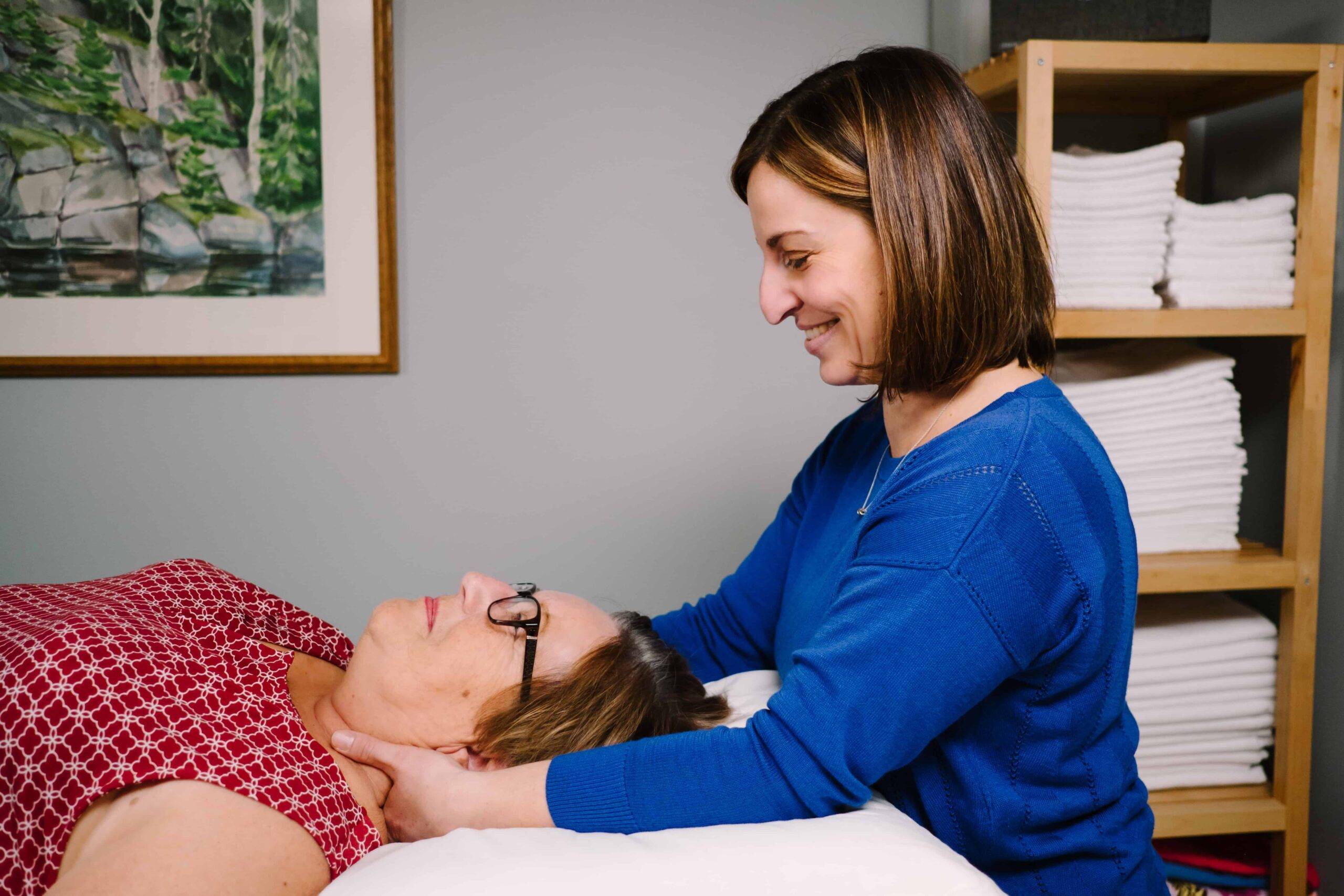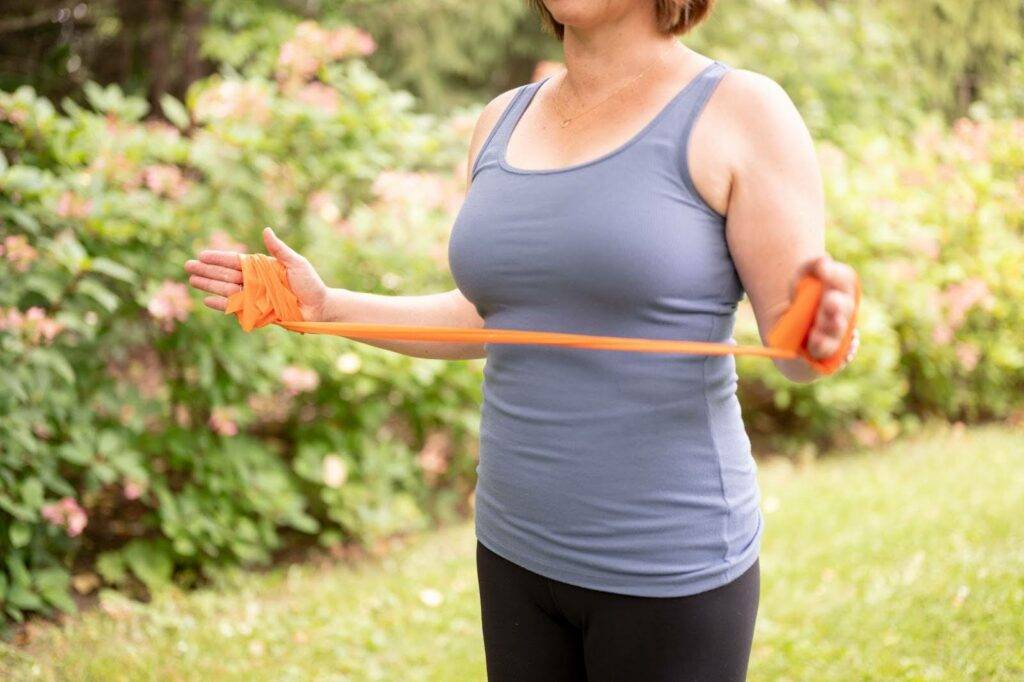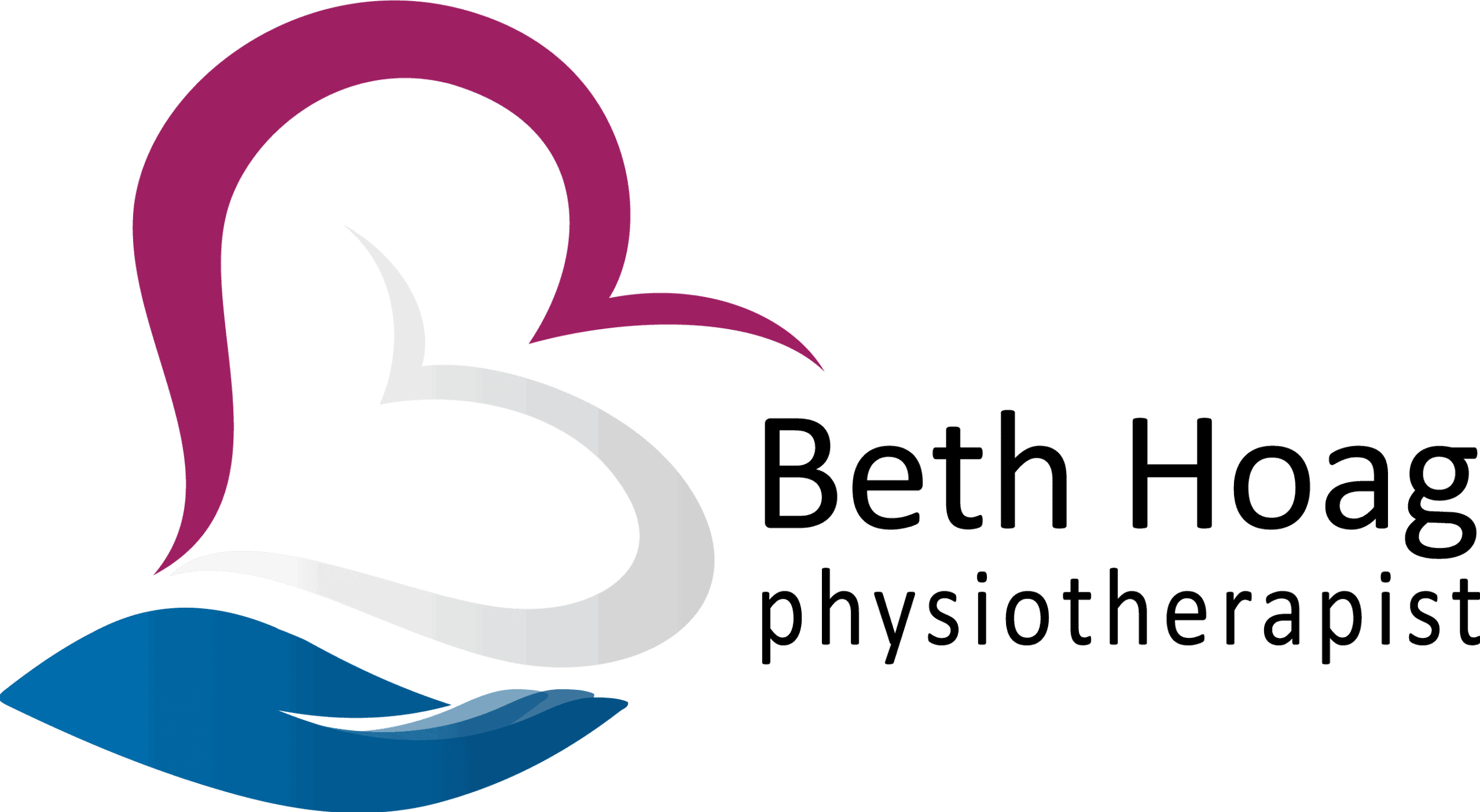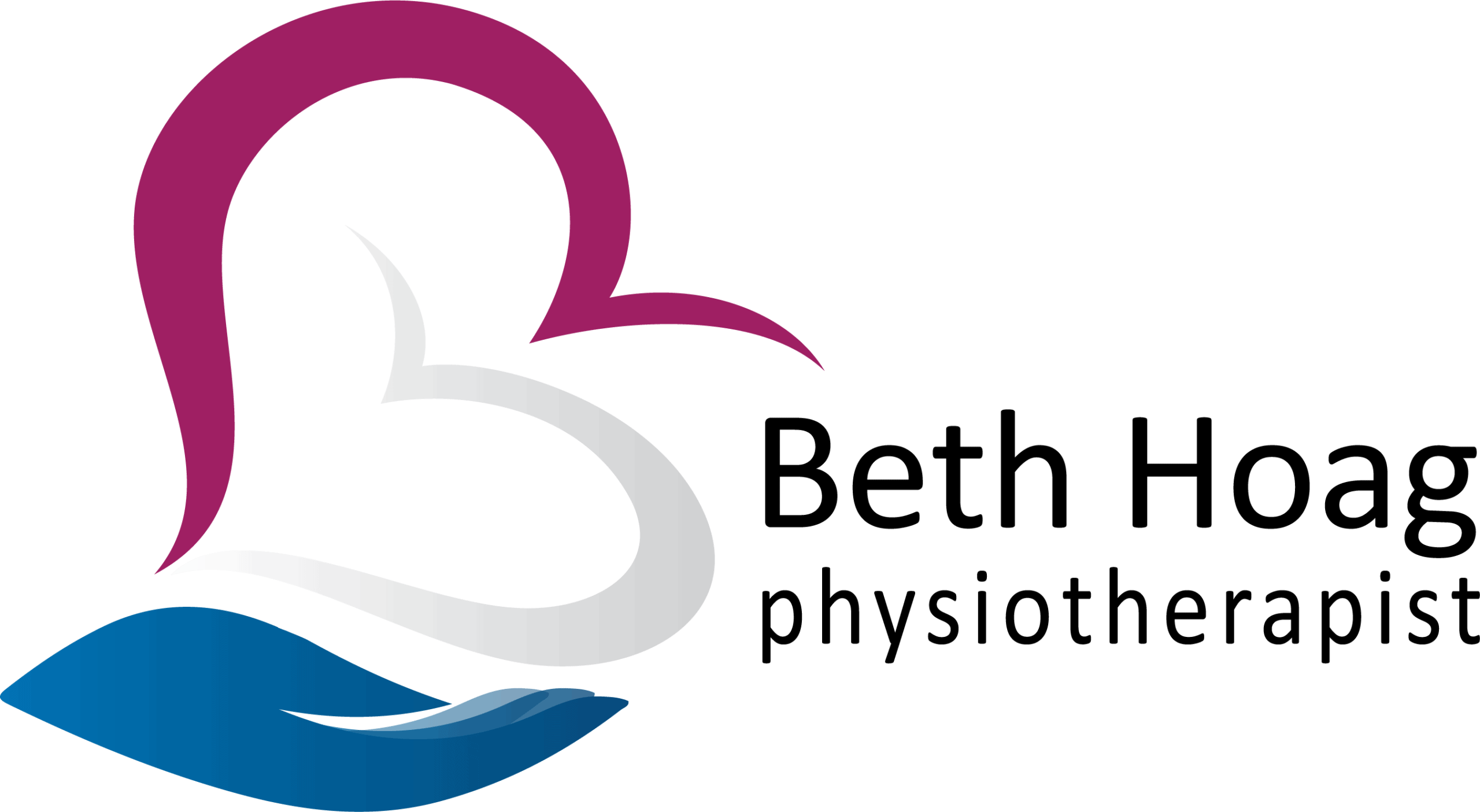Cancer Rehabilitation Physiotherapy
Reducing the side effects of cancer and cancer treatment by integrating movement, education, and hands-on techniques with the science of the body-mind connection.
16 years experience

Let’s reclaim your power to live with connection, comfort, and confidence.
What is Cancer Rehabilitation?
Cancer rehabilitation aims to reduce or eliminate the side-effects of cancer and cancer treatment while maximizing your function, independence and quality of life. This support can be helpful at any stage of your cancer experience: before, during and/or after cancer surgery and treatment (even years later.)
Cancer Rehabilitation Physiotherapy Can Help With:
- Pain & Tightness
- Cording
- Loss of joint movement
- Scar tissue tightness
- Muscle weakness
- Cancer-Related Fatigue
- Cancer Surgery Recovery
- Lymphedema
- Radiation fibrosis
- Pelvic Health (pain, dryness, sexual health)
- Bone Health
- Heart Health
Cancer Rehabilitation Physiotherapy Can Also Help You:
- Take back control of your recovery
- Feel more connected and safe in your body
- Understand the “do’s” and “don’ts” of recovery
- Reduce anxiety and fear of the unknown
- Return to sport, play and work

No matter what treatment pathway you choose cancer rehabilitation physiotherapy can help you move with more connection, comfort, and confidence.
Let's Work Together
Cancer Rehab Physiotherapy Pathways
The Online Cancer Rehab Space
Learn how to care for your whole self, at your own pace and in the comfort of your own home. The Cancer Rehab Space offers online webinars and recovery programs to support your recovery.
One-on-One Physiotherapy
Whether it be virtually or in-person, your appointments will be booked specifically with me (Beth Hoag). Treatments are personalized to your specific needs to improve your wellbeing and quality of life.
Speaking Engagements & Workshops
I offer educational workshops and speaking engagements about cancer rehab physio and recovery to small groups for non-profit organizations, community support groups, health and wellness professionals.
Mentoring for Healthcare Providers
Looking for help with how to support one of your clients? I offer mentoring for healthcare providers such as Physiotherapists, Osteopaths, Naturopaths and other practictioners.

My Approach to Cancer Recovery
Going through cancer treatment impacts your whole being. As a result, I believe strongly that your cancer rehab care plan should reflect this. All of my cancer rehab pathways offer a unique approach to supporting the interconnectedness of the body, mind and self. Together, we will work as a team to integrate movement, education, and hands-on techniques with the science of the body-mind connection.
Too often I hear clients tell me that ‘it could be worse.’ While I support this helpful perspective, I always challenge that it could equally be so much better. This is the power of my unique cancer rehab offerings…
Cancer Rehab Physiotherapy Programs & Services
Education
The first step to feeling better is understanding what’s going on in your body and why. This knowledge is essential for you to actively support your health and well-being during cancer treatment and beyond.
Manual Therapy
Manual Therapy is a series of hands-on techniques that may include gentle myofascial release, scar tissue release, muscle and joint mobilization, muscle energy, and trigger point therapy. These may be performed by the physiotherapist and/or taught to you so you can do them at home on a regular basis.
Nervous System Regulation
Optimal healing happens when your nervous system is in a regulated and connected state. Though you cannot eliminate the inevitable stress caused by going through cancer treatment, you can benefit enormously from learning techniques to bring your nervous system out of an ongoing “fight-or-flight state.” Techniques such as breathing, grounding and mindfulness are woven into all aspects of my cancer rehab offerings.
Personal exercise Programming
Purposeful movement and targeted exercise are crucial to improving mobility and flexibility, reducing pain, regaining strength, retraining the brain to move optimally, and reconnecting with your body in a safe and nonjudgemental way. The science is clear that exercise can help reduce fatigue, manage lymphedema, and improve mood, quality of life, function, bone health and sleep.
Lymphedema Screening & Treatment
The ideal way to reduce the impact of potential lymphedema is by using a proactive approach. This can easily be accomplished through the online Lymphedema Smart Workshop. You will understand how to reduce your lymphedema risk and monitor regularly for symptoms and risk factors.
If you do develop lymphedema, Complete Decongestive Therapy (CDT) should be started as soon as possible. This combines the use of compression, exercise, manual lymphatic drainage (MLD), skincare and education to effectively treat and manage lymphedema.
Dry Needling
This effective technique inserts acupuncture needles into tight/restricted muscles to stimulate nerves, release tight/overactive/fibrotic muscles, and reduce pain. All needles used are sterile and single-use.
Cancer Rehab Physiotherapy FAQs
While all physiotherapists are trained to assess and optimize movement, strength and function, the unique needs of people impacted by cancer is not commonly understood by “regular” physiotherapists.
Working in cancer rehab requires a special set of skills, training and experience. Having worked in this field since 2008, I have supported hundreds (if not thousands) of people impacted by cancer. As a result, I have the unique experience and skills to quickly identify common patterns and problems, making our work together much more effective. This experience and insight are woven into all the treatment pathways I offer.
Although cancer rehab can be helpful at any time, the ideal time to start is before big problems show up. A little information can go a long way!
Used in a preventative/proactive manner, cancer rehab provides the opportunity to assess your current situation, answer any questions, identify subtle problems that may be starting (even ones you may not realize), and learn what symptoms you should monitor for so you can get help quickly (when and if you need it.) The sooner we intervene, the better the outcome. If you’re at risk of developing lymphedema, my online Lymphedema Smart Workshop is a perfect option for taking a proactive approach.
It is never too late to access cancer rehab support!
I commonly hear stories of people with a past history of cancer seeing multiple different health care providers with little benefit. For many, the common thread is that the root cause of their symptoms was never linked to the side effects of their past cancer treatments! Though many of these people are left to conclude that they just have to “suck it up”, our work together can change this. Cancer rehab absolutely can help improve your symptoms even years after treatment is complete.
Cancer rehab can be extremely helpful for those living with incurable (metastatic) cancer. Focusing on reducing the impact of treatment side-effects, while improving quality of life is still extremely important at this stage. The main difference for those with incurable cancer, is that we will likely be working with some limitations, based on your medical situation. Focusing on what we can control, while appreciating what we cannot, is an effective and empowering way to keep you feeling your best for as long as possible.
Though general exercise is an important part of cancer treatment & recovery, cancer rehab physiotherapy is much more complex than exercise alone. My whole-person approach to cancer rehab uses a combination of tailored education, mindful and targeted movement and hands-on techniques to help you move with connection, comfort, and confidence.
Cancer rehabilitation physiotherapy is a growing but relatively new area of practice. Since I began my cancer rehab work in 2008, I am one of a relatively small number of physiotherapists worldwide who have a large depth of knowledge and experience in this area.
Because cancer rehab physiotherapy is not offered everywhere, and because everyone’s budget and energy levels are different, I offer both self-paced programs as part of my Cancer Rehab Space platform and individualized offerings either online and in person. So, no matter where in the world you live, one of my cancer rehab pathways will be right for you.
Though cancer-related lymphedema most commonly occurs in the first 2-3 years after cancer treatment, the risk of developing lymphedema is lifelong. Understanding how you can reduce your lymphedema risk and how to monitor for early signs of lymphedema is extremely important to identify it early.
This is why I created the Lymphedema Smart Workshop; to give you loads of accurate, evidence-informed information to help you take charge of your lymphedema risk and know when to act if you suspect you’re developing early-stage lymphedema.
Still Wondering if Cancer Rehab Physiotherapy Is Right For You?

